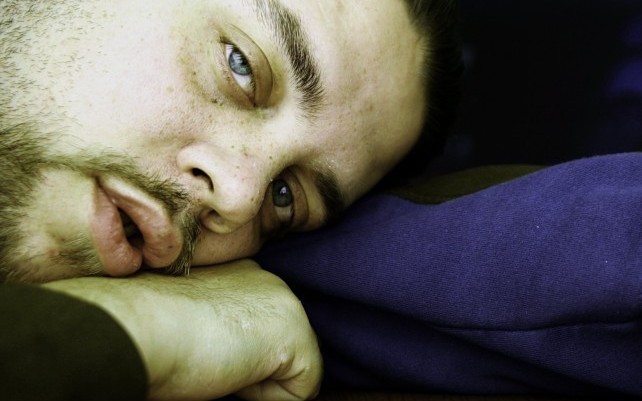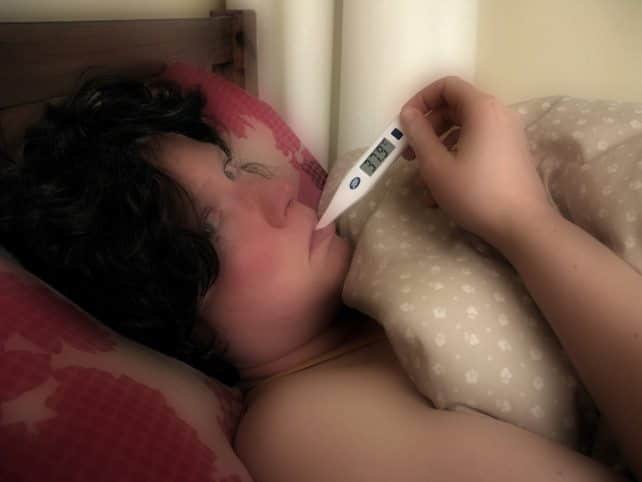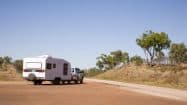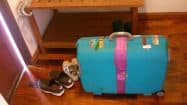
Your fear of getting sick while away from home should not stop you from heading away to a foreign land and trying something new; all you need to do is to avoid getting sick in the first place; it’s as simple as that. So, why do people get sick anyway? And why is there an increased risk of you getting sick during a holiday?
Based on statistics, patients most commonly complain about upper respiratory infections while travelling. Some also complain about sore throats and other infections associated with the eyes, ears and nose – all of which can be attributed to travelling, lack of sleep and exposure to large crowds. In other words, travellers are more likely to get sick because of the different people they meet, the places they visit and the things they touch or eat.
The primary cause of infection is germ-contamination – a dirty doorknob, being sneezed or eating contaminated food. Completely getting rid of germs is downright impossible. However, we can always keep our germ-contamination levels at check to prevent most illnesses. Here are some ways:
1. Wash your hands
This is old-school trick, but it works! Do you know what doctors do the moment they enter their clinics and before they touch patients? They wash their hands. If you are a traveller who is always on-the-go, it is a must that you carry a good hand sanitizer. If you can afford frequent trips to the wash room, then do so. You can never have too much protection by washing your hands.
2. Clean your stuff
You might be already aware that germs spread through contact and through weather exposure. Do not neglect cleaning your smartphone and other gadgets with sanitary wipes. Your tablet’s screen might have become the home to a colony of millions of germs without you even realising! Always keep tissues and sanitizers handy to clean your things which have been exposed to somebody coughing or sneezing.
3. Eat and drink responsibly
Sometimes good things come to those who are adventurous and when it comes to local food, sometimes they don’t. If you have no idea how the food is prepared, then you should avoid it, especially if your stomach is easily upset. Avoid eating in unsanitary food stations and only drink water if you are sure that it is clean. Never forget to wash your hands before eating.
4. Rest
The whole travel experience might overwhelm you so much that you would forget to rest. While it is alright to stay awake past your regular sleeping time (you are on holiday anyway), make sure that you make up for any lost sleep. Do not push your body to exhaustion, especially if you have not taken pre-cautionary measures; like taking multivitamins or exercise.
But what if I am already sick?
If all else fails and you end up sick, the best way to recover fast is to rest and try keep your love ones from catching your illness. Depending on your condition and illness, you might need to see a doctor as soon as you get back home, or if you are in on a much longer trip, you might have to see a doctor nearby.

Keep a thermometer handy to keep track of your temperature. Fractions of a degree higher than your normal temperature may indicate that over-the-counter drugs will work just fine. When your temperature rises up to three degrees centigrade, immediately seek medical attention.
Have you had any bad experiences while travelling? Is there anything you follow to make sure you stay healthy? We’d love to hear from you below in the comments!























![Big Spender To Backpackers [infographic]](https://www.holidaypoint.com.au/wp-content/uploads/2014/03/GIO_BigSpendertoBackpacker_v3-e1394504863732-187x105.jpg)



![For The Love Of Bbq [infographic]](https://www.holidaypoint.com.au/wp-content/uploads/2014/01/GIO_AussieBBQ_v2-e1390559463404-187x105.jpg)




![Cities Of The Future [infographic]](https://www.holidaypoint.com.au/wp-content/uploads/2013/11/geek-travel2-e1384167225628-187x105.jpg)










Do You Have a Question to Ask?